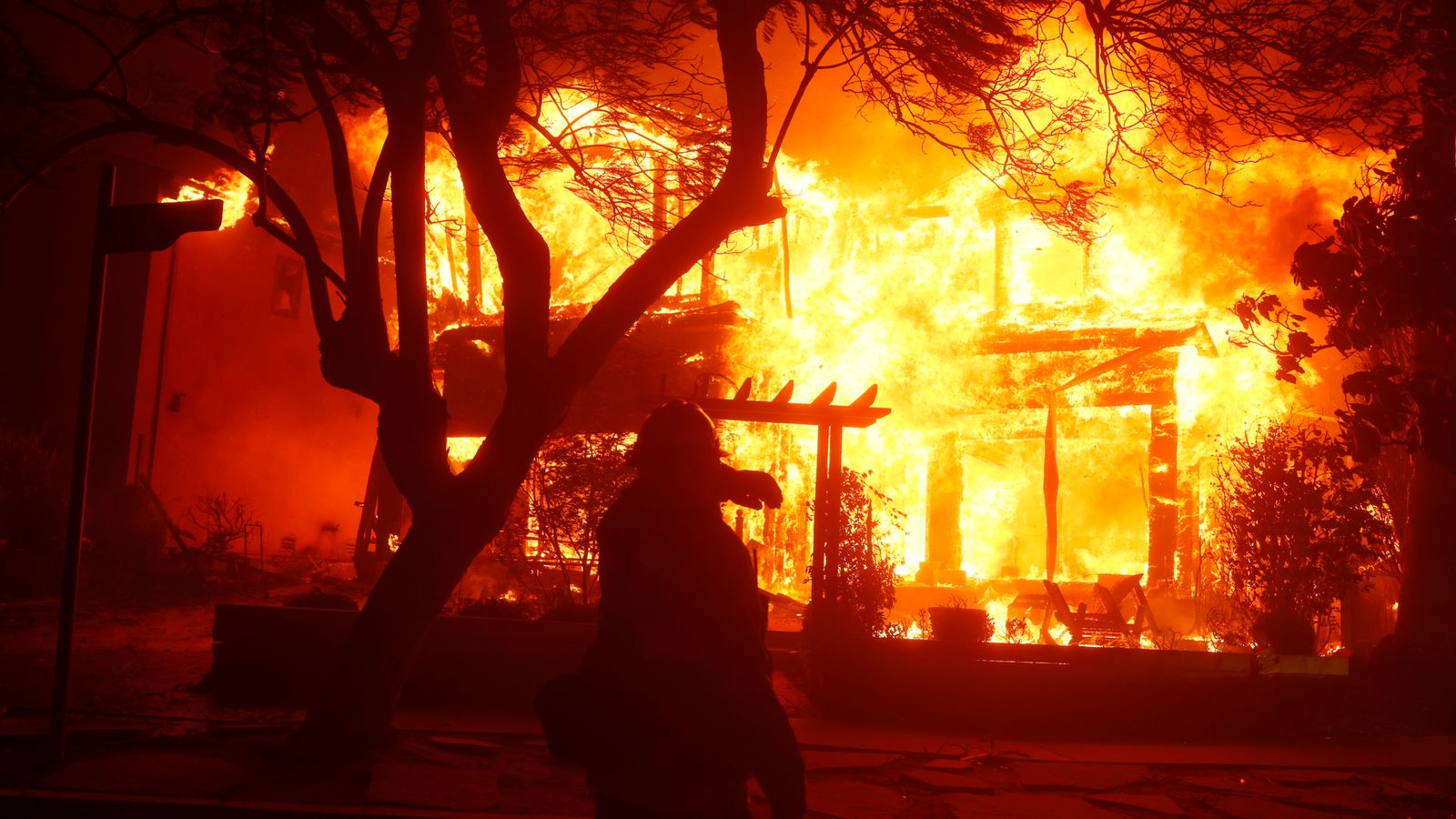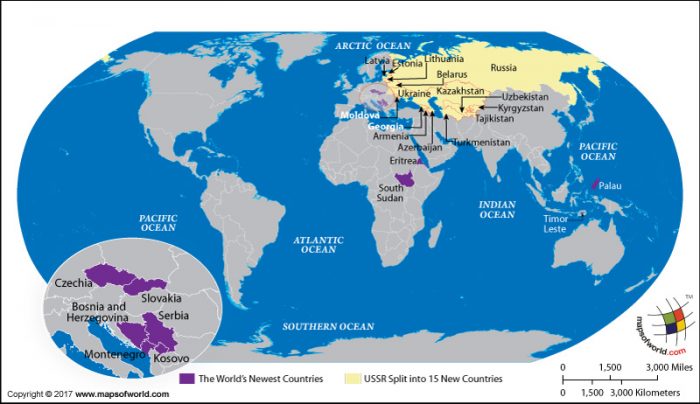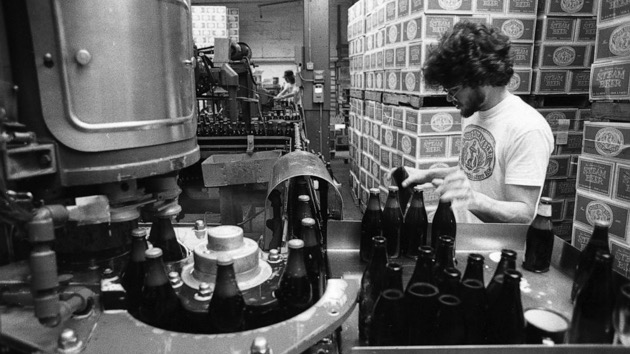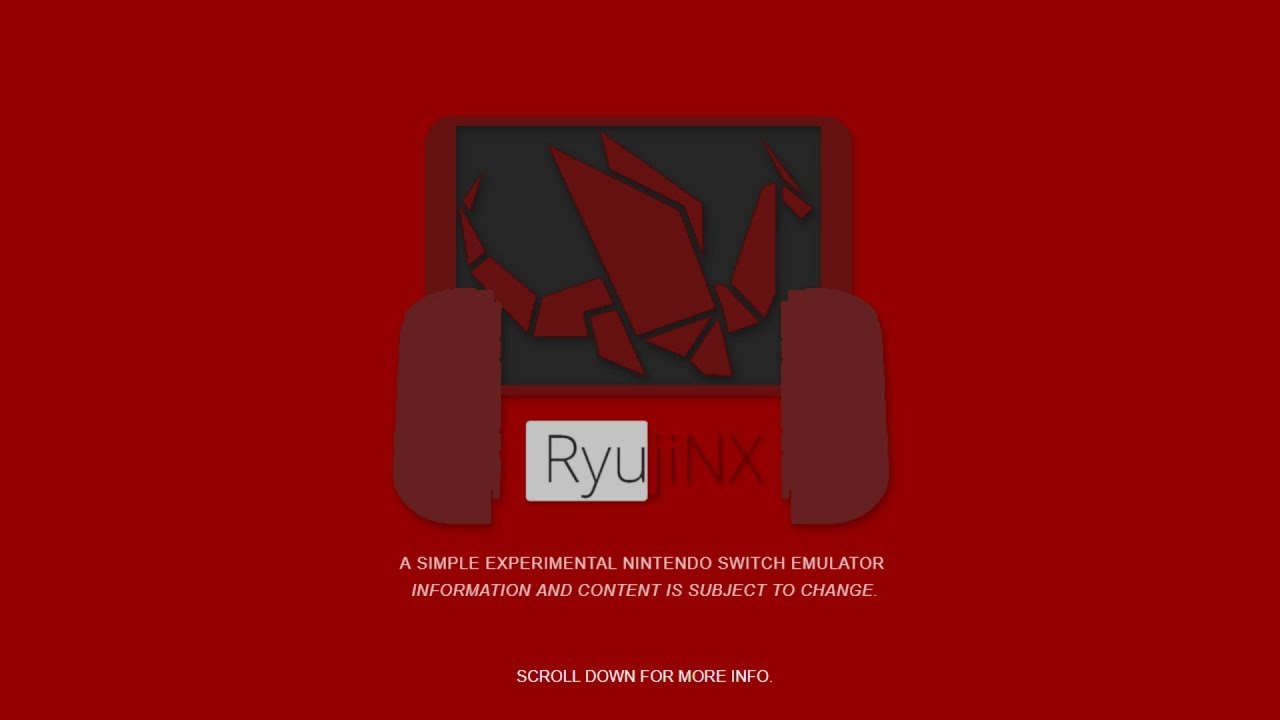Gambling On Catastrophe: The Los Angeles Wildfires And The Future Of Betting

Table of Contents
The Predictability of Wildfires in Los Angeles
Predicting the unpredictable is a challenge, but advancements in technology and data analysis offer a glimmer of hope in mitigating the devastation of Los Angeles wildfires.
Analyzing Historical Data and Weather Patterns
Understanding wildfire behavior requires analyzing vast amounts of data. Historical wildfire data, meticulously recorded by agencies like NOAA (National Oceanic and Atmospheric Administration) and Cal Fire (California Department of Forestry and Fire Protection), provides crucial insights. This includes location, intensity, time of year, and contributing factors. Combining this historical data with advanced climate models and detailed weather forecasting, especially focusing on crucial factors like the Santa Ana winds – notorious for their role in fueling wildfires – allows for more informed risk assessment.
- Data Sources: NOAA, Cal Fire, USGS (United States Geological Survey)
- Key Weather Patterns: Santa Ana winds, Red Flag Warnings, temperature, humidity, precipitation levels.
- Limitations: Current models still struggle with precise prediction of wildfire ignition points and rapid spread, influenced by unpredictable factors like human activity and fuel density.
The Role of Technology in Wildfire Prediction
Technology is revolutionizing wildfire prediction. Satellite imagery provides real-time monitoring of vegetation health, identifying areas at high risk of ignition. AI and machine learning algorithms analyze this data, combined with weather forecasts and historical patterns, to create predictive models with increasing accuracy.
- AI-Powered Systems: Examples include systems utilizing deep learning to analyze satellite imagery and predict fire spread.
- Accuracy and Limitations: While accuracy improves constantly, biases in historical data and the inherent complexity of wildfire behavior limit perfect prediction. Unforeseen events like equipment malfunctions or accidental human ignitions remain significant challenges.
- Data Bias: Ensuring diverse and representative datasets is crucial to avoid biases that could skew predictions and disproportionately impact certain areas.
The Ethical Implications of Betting on Wildfires
The concept of betting on wildfires raises significant ethical questions.
Profiting from Disaster
The idea of profiting from the devastation caused by wildfires raises concerns about exploitation. Could such a system inadvertently incentivize recklessness or even the deliberate starting of fires? The potential psychological impact on victims is also a serious consideration. Witnessing their suffering exploited for profit could compound their trauma and exacerbate existing inequalities.
- Potential for Exploitation: The risk of manipulation and insider trading must be addressed through strict regulations.
- Psychological Impact on Victims: The need for sensitivity and ethical guidelines is paramount.
- Regulation: Robust regulatory frameworks are essential to prevent the exploitation of wildfire victims.
Responsible Gambling and Disaster Relief
Conversely, a portion of the revenue generated from responsible wildfire prediction betting could be earmarked for wildfire prevention and disaster relief efforts. This presents a potential innovative funding mechanism.
- Models for Responsible Gambling: Implementing strict regulations on stake limits, age restrictions, and responsible gambling awareness campaigns are crucial.
- Partnerships: Collaboration between gambling organizations, relief agencies, and government bodies can create a sustainable funding model.
- Potential Criticisms: This concept will undoubtedly face criticism, requiring transparent and accountable management of funds to maintain public trust.
The Future of Betting and Wildfire Risk Management
Exploring innovative approaches to wildfire risk management involves understanding the potential of predictive markets and their integration with existing systems.
Creating Predictive Markets
Regulated betting markets specifically for wildfire prediction could incentivize accurate modeling and forecasting. These markets would operate similarly to other prediction markets, with participants betting on the likelihood of wildfires in specific areas and timeframes.
- Market Mechanics: Participants would buy and sell contracts representing the probability of wildfire occurrences.
- Benefits: Improved accuracy through market incentives, more readily available risk assessments.
- Challenges: Preventing market manipulation, establishing fair and transparent trading regulations, and managing the inherent uncertainties of wildfire prediction.
Insurance and Wildfire Risk
Predictive models and betting markets could significantly improve insurance pricing and risk assessment. By providing more accurate risk assessments, insurance companies could offer more tailored and potentially affordable premiums, incentivizing preventative measures.
- More Accurate Premiums: Insurance costs could reflect the dynamic nature of wildfire risk more effectively.
- Collaboration: Insurance companies partnering with predictive modeling firms could develop dynamic pricing models.
- Improved Risk Mitigation: By integrating these predictive models, insurance companies can better inform policyholders about risks and encourage preventative actions.
Conclusion
Gambling on Catastrophe: The Los Angeles Wildfires and the Future of Betting presents both opportunities and challenges. While the ethical concerns surrounding profiting from disaster must be carefully addressed through robust regulations and responsible gambling initiatives, the potential for improved wildfire prediction and risk management through innovative approaches, including responsible gambling on catastrophe prediction, is undeniable. Improved accuracy in prediction, potentially leading to more effective disaster preparedness and resource allocation, is a significant potential benefit. Let’s continue the conversation and explore the possibilities – and the challenges – of this complex issue. The future of managing wildfire risk in Los Angeles may indeed involve this innovative and potentially transformative approach.

Featured Posts
-
 Hollywood Strike Actors Join Writers Bringing Production To A Halt
Apr 22, 2025
Hollywood Strike Actors Join Writers Bringing Production To A Halt
Apr 22, 2025 -
 Growth Areas A Map Of The Countrys Newest Business Hotspots
Apr 22, 2025
Growth Areas A Map Of The Countrys Newest Business Hotspots
Apr 22, 2025 -
 T Mobiles 16 Million Data Breach Fine Three Years Of Security Failures
Apr 22, 2025
T Mobiles 16 Million Data Breach Fine Three Years Of Security Failures
Apr 22, 2025 -
 Anchor Brewing Company Closing After 127 Years The End Of An Era
Apr 22, 2025
Anchor Brewing Company Closing After 127 Years The End Of An Era
Apr 22, 2025 -
 End Of Ryujinx Emulator Development Ceases After Nintendo Contact
Apr 22, 2025
End Of Ryujinx Emulator Development Ceases After Nintendo Contact
Apr 22, 2025
